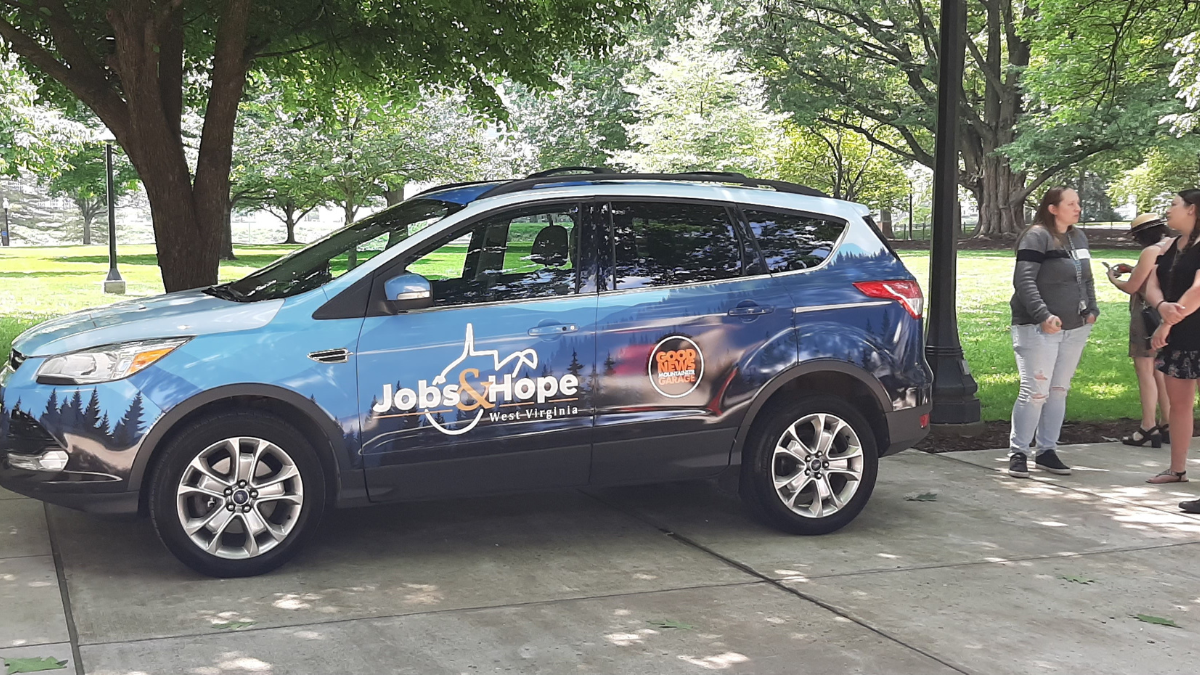Gov. Jim Justice announced Wednesday a new initiative for people in recovery from substance use disorder.
Get Paid to Pay it Forward is part of the Jobs & Hope West Virginia program. The campaign offers a financial incentive to drivers who transport individuals in recovery to substance use treatment.
Justice called the drug epidemic “a real problem” that he said could have brought the state to its knees, both economically and socially.
“But Jobs & Hope West Virginia is doing an amazing job and really saving lives,” Justice said. “This is tough stuff, and we need more help, but it’s worth it. The people of West Virginia are worth it.”
Justice said by incentivizing people to step up and promote the program, the state can continue to make strides to equip people in recovery.
Transportation remains one of the biggest barriers for people seeking treatment, particularly in rural areas.
“I said it just a second ago, what’s a life worth? Now we have a program that’s like a modern day Uber service within ourselves,” Justice said. “Thank you, thanks to all of you.”
Justice also talked about a partnership that allows Jobs & Hope participants to enroll in a car donation service where Good News Mountaineer Garage will supply a free vehicle for people in need.
Additionally the program offers participants vehicles to take their driver’s license exam. To date, 34 people have become licensed through the program.
Deborah Harris, lead transition agent at Jobs & Hope WV said the Good News Mountaineer Garage partnership offers two vehicles, one in Charleston, and one in Morgantown for individuals to obtain their driver’s license.
“The Good News Mountaineer Garage has two staff members that will drive to a participant, pick them up, drive them to the regional DMV office and take the driving test in the vehicle and then take them back home,” Harris said.
